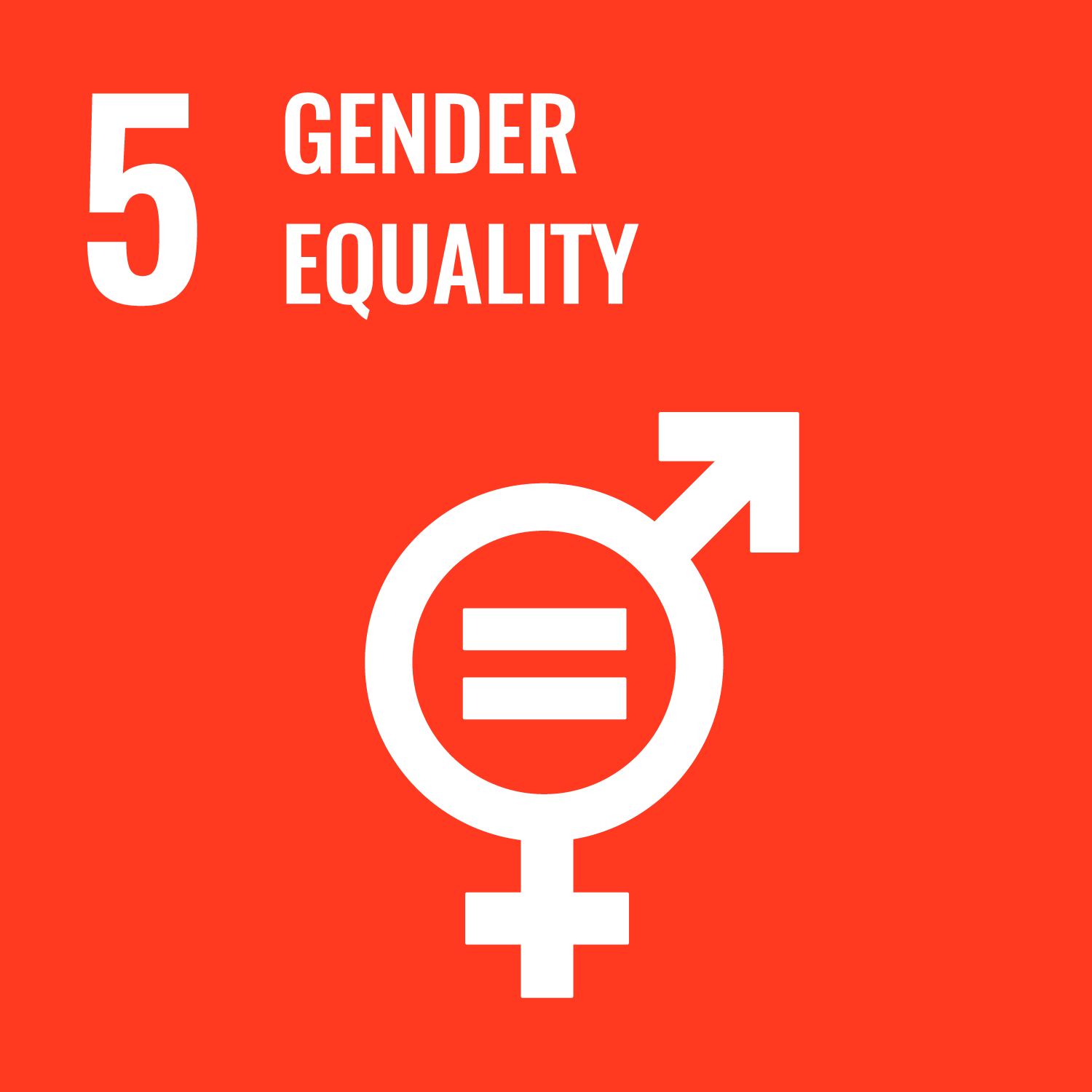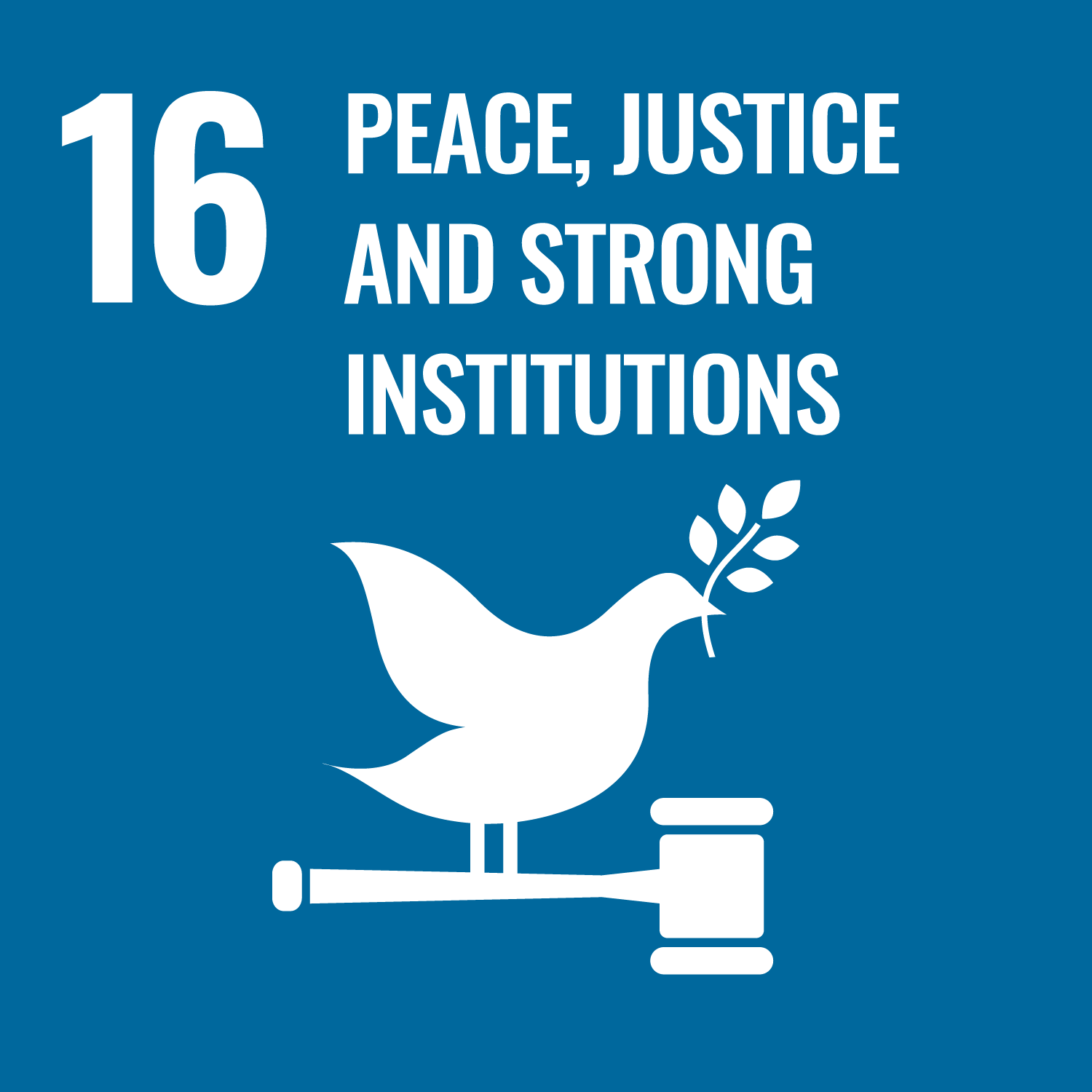Corruption Prevention in Forestry Sector (CPFS)
OBJECTIVES
The project aims to strengthen the effectiveness of corruption prevention in the forestry sector.
DESCRIPTION
Indonesia has some of the most extensive tropical forests in the world. Nevertheless, the systemic corruption that exists in Indonesia is considered to be the most important factor obstructing development. It is largely the poorer segments of the population who suffer these conditions. According to estimates produced by KPK, the converted costs of corruption within the forestry and mining sectors alone amount to approximately EUR 2 billion per year.
Compared to other provinces, Papua and West Papua have the largest forest areas in Indonesia. Both Provinces governments have committed that at least 70% of the forest areas of both provinces should be maintained. However, due to a policy that focuses primarily on economic growth, the pressure on the remaining forest areas is high.
On the other hand, as part of its reform agenda, the Indonesian Government has introduced measures that should lead to improved management of natural resources. The National Climate Change Plan (NDC) sets out specific climate targets for the forest. In January 2020, Indonesia released its first-ever sustainable development plan, the National Medium Term Development Plan (Rencana Pembangunan Jangka Menengah / RPJMN 2020-2024), which includes greenhouse gas emissions reduction as a key macro-economic indicator alongside GDP growth, poverty reduction and employment.
TARGETED BENEFICIARIES
The population of the two pilot provinces Papua and West Papua.
HIGHLIGHT ACTIVITIES
- Provide recommendations for improving the quality of policies and integrity standards in the forestry sector through:
- Study of relevant land policies to be implemented by indigenous Papuans which will encourage the Acceleration of Customary Territory Decree in West Papua, especially in South Sorong and Tambrauw Regencies.
- Facilitate the introduction and application of integrity business standards.
- Strengthen the institutional capacity of the Corruption Eradication Commission and local government agencies, as well as elected administrative agencies, to prevent corruption in the forestry sector, through:
- Development of training modules for preventing corruption in the forestry sector
- KPK Certified Anti-Corruption Extension Program (PAKSI) in Papua and West Papua
- Probity Training, Certification and Audit for Regional Goods and Services Procurement Work Units
- Government Internal Oversight Apparatus (APIP) capacity building in terms of handling public complaints (on-going)
- Outreach and anticorruption campaign in “Papua Style” – Communication Strategy Workshop; Anticorruption Film Festival (ACFFEST) Movie Day event.
- Development of handling public complaints at the regional level, in the form of Workshops and Socialization of the Whistle Blower System (WBS) for Corruption Crimes.
- Increasing the participation of indigenous peoples, local communities, NGOs and companies in preventing corruption in the forestry sector through:
- Anticorruption training for indigenous peoples and local CSOs in Jayapura district and South Sorong district
- Training on case study with The Indigenous Peoples’ Alliance of the Archipelago (AMAN) and The Indonesian Forum for Environment (WALHI) in Makassar
- Development of a Multi-Stakeholder Forum (MSP – Multi-Stakeholder Platform) related to good governance focusing on land and forestry, with inclusion of the gender equality aspect
- Development of conflict resolution mechanisms
SUCCESS STORIES
Increasing Indigenous People’s Knowledge and Participation in Preventing Crime of Corruption
Indonesia has thousands of indigenous peoples living in various regions, often facing violations of their rights and poor public services. The struggle for recognition and protection of these rights is hindered by a lack of information and reporting mechanisms. GIZ and the Corruption Eradication Commission (APCC-KPK) conducted anti-corruption training for indigenous peoples and civil society organizations in Tambrauw and South Sorong Regencies. The training recommended the implementation of the Regional Regulation on the Recognition and Protection of Indigenous Peoples’ Rights in Tambrauw District to protect their rights in the development process.
“This training has made us more courageous and confident to participate in overseeing and supervising various government policy programs, especially those related to the interests of indigenous peoples such as the Village Fund.” Rosario Baru, Indigenous women in Tambrauw Regency
Supporting Probity Audit as Mitigation of Corruption in Procurement of Goods and Services
Indonesia’s government has set up 10 strategic projects to conduct probity audits, aiming to improve internal and risk management in the goods and services sector. However, implementation has been slow, with only 135 out of 542 local governments completing the audit. The Indonesian-German Cooperation, together with Anticorruption Learning Centre (ACLC-KPK), Finance and Development Supervision Body (BPKP) and Inspectorates, has conducted the audit from September to October 2021. The program focuses on workshops, practices, recommendations, and providing guidelines for conducting probity audits. The national number has achieved significant results, with 230 out of 542 local governments having successfully completed probity audits for 10 projects.
“To support transparency and accountability in the management of the state budget, in the future I hope that more public space will be provided by state administrators. Let’s open ourselves up, support probity audits as a form of mitigating corruption.”
COUNTRY
Indonesia
DURATION
2022 - 2024
Commission Agency
BMZ
SDG




